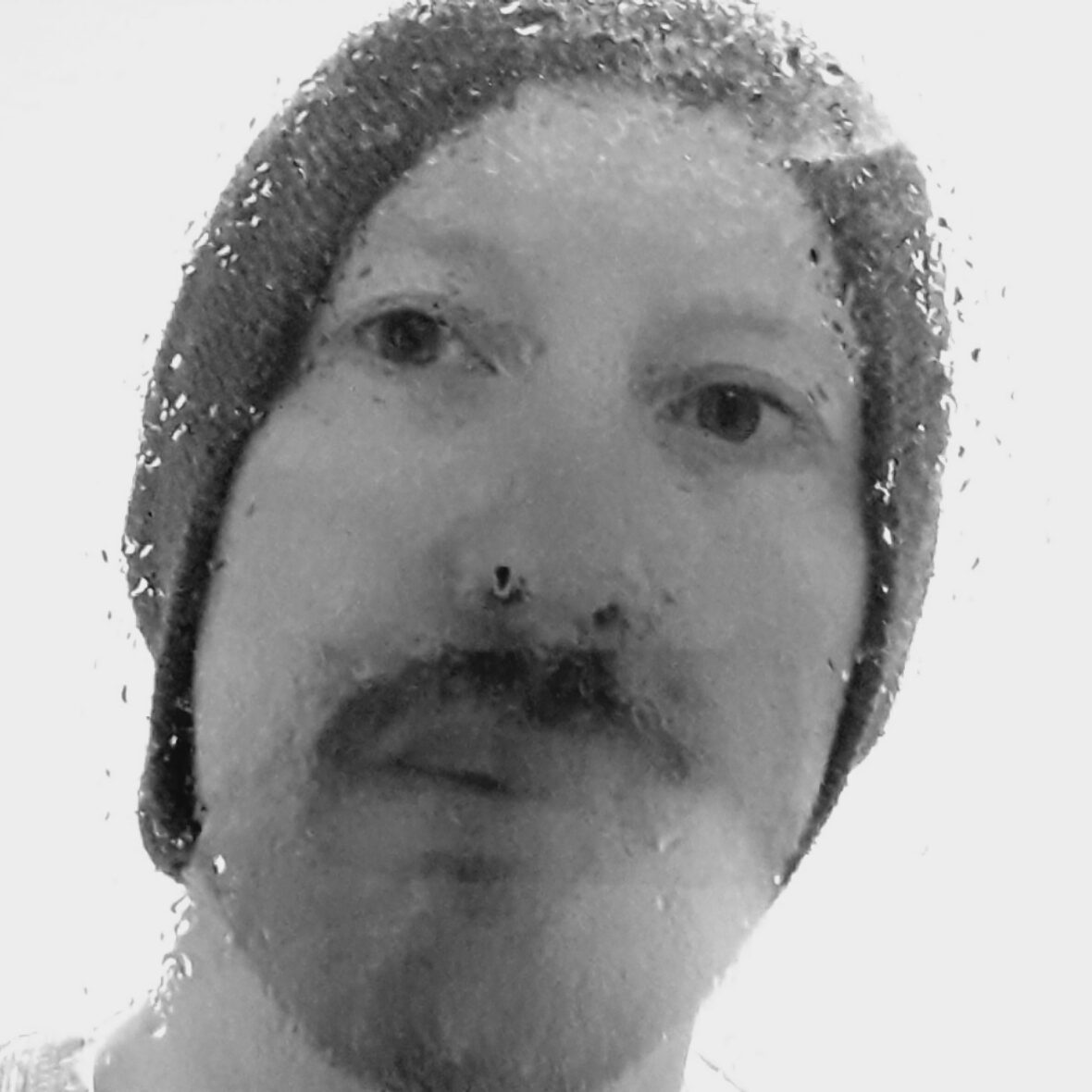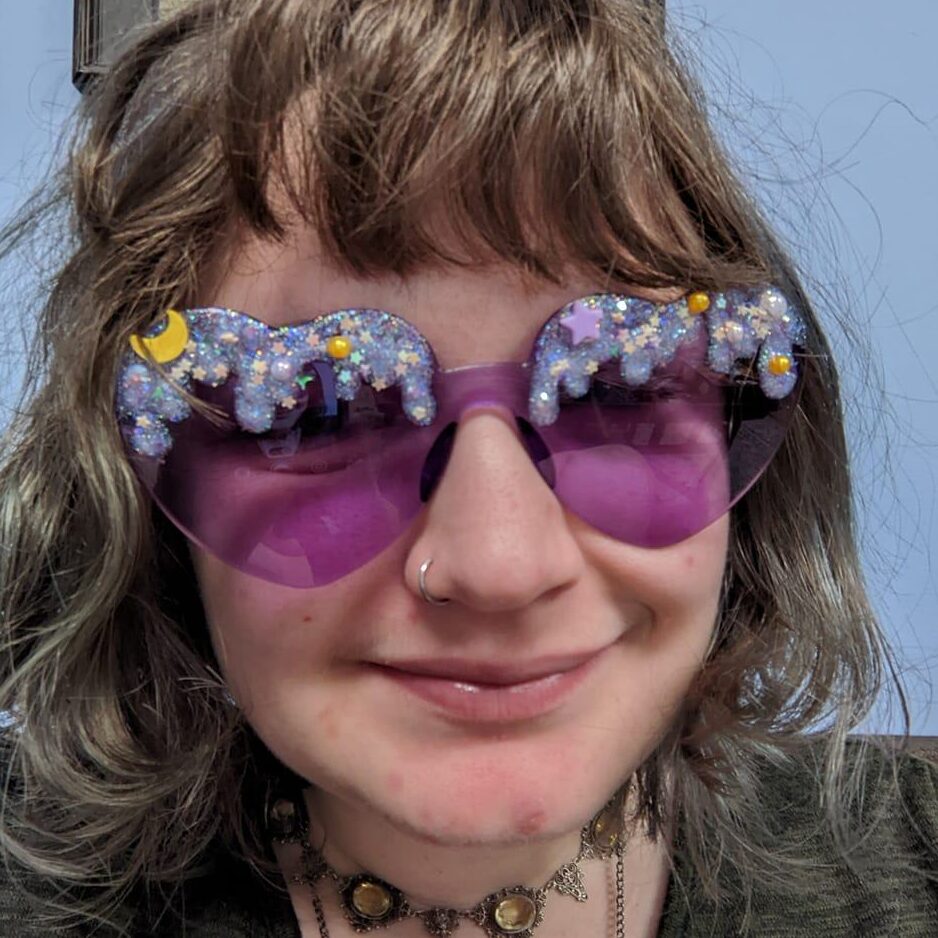In the poetry collection with the lakes by Colin Dardis, the author presents twenty-five poems loosely connected by the theme of water, including coastal imagery, the comforting and restorative forces of nature, shipbuilding, shipwrecks, calmness, and, finally, an Aztec goddess.
with the laske was published in December 2023 by above/ground press. We spoke to the author about his work, neurodivergent themes in his writing, and the accessibility of poetry. This interview has been edited and condensed for clarity.
with the lakes is a poetry collection centered on the theme of water. Could you share with us why you chose to focus on this theme?
The poems in the collection were accrued from the last eighteen years of writing. I never set out with the direct intention of amassing so many water poems, but it was an image I found myself being repeatedly drawn back to. Water is ubiquitous and undeniable: without it, life doesn’t happen.
Essentially, I am interested in the issue of existence: how to live, how to experience what it is to be alive, what influences – internal and external – affect that experience. With water being all around, and of course living in a very rainy area of the world, it felt like an organic motif to explore this issue through.
I often write at my study desk, at the top of our house. I stare out the skylight to the sky above, and usually there is cloud and raindrops on the glass. It seems through a kind of visual osmosis that I have absorbed this theme of water and, unwittingly or not, it has exhibited itself in my work.
You mention on your website that your work is largely influenced by your neurodivergent experiences. Could you tell us more about how the influence manifests?
I certainly can be guilty of black-and-white thinking at times, which is a common neurodivergent trait: something is ultimately right or wrong. Writing is a way to help me question that and find the gray in-between.
I have a history of depression and anxiety, which makes me doubt myself and my abilities a lot. Years ago, I had very little resilience at all to what life threw at me. Couple this with being neurodivergent, and life can become awkward to navigate at times. It’s not unique to me, and it’s probably common for a lot of poets that writing one’s thoughts and experiences in the form of poem can help.
As mentioned above with that issue of what it is to be alive, neurodivergence at times makes me question my position in the world, if I’m seeing and experiencing the world accurately, and how I relate to others. A lot of my earlier poetry focused heavily on this issue. Nowadays, I’m happier and have a better understanding of myself, thanks to my wife and some professional medical help, so my writing tends to look outside of myself a little more.
What drew you to poetry? Some writers find poetry to be the most daunting. Do you have advice for those that want to write poetry?
It’s interesting that you say some people kind it daunting; for me, I find it the most accessible and easiest. I have unpublished plays and novella-length prose gathering digital dust inside my laptop, and I found those a far more daunting prospect, mainly due to the sheer scale. A short story can feel enormous next to a poem.
A lot of what I write is a snapshot of a moment, a feeling or an experience. I want to explore what moment in writing, to ask myself what it means, what state it has felt me in, what the underlying emotion is behind the thought. A poem is a form of self-analysis, because whatever you write, it can only be explored though the prism of oneself. Once written, you can step back from the page or screen and but a little distance and perspective between yourself and the thought, question and probe it further, refine your outcome. It’s this analysis that draws me to poetry.
I also have a love of words; I had a speech impediment throughout primary school and attended speech therapy lessons. This extracurricular activity of exploring words, how they were built up and breaking them found syllable by syllable so that I could pronounce them, left me with a rich appreciation of language, how we can use words to communicate and be understood. Because there were certain syllabic sounds I found difficult to say, I soon learned to look for alternative words, using synonyms or different descriptions. My vocabulary expanded, and this helped when it came to writing.
If you are looking to write poetry, the best thing you can do is read it. Look at how others are using language, elevating it beyond the terms of everyday speech, crafting imagery and manipulating metaphor. There are two steps to poetry: knowing WHAT you want to write about, and then figuring out HOW you are going to write it. The ‘what’ is easy enough, but the ‘how’ is where the poetry happens.
What sort of things stand out to you in the poems you love?
Well, this reflects on what I’ve just said: ultimately, I don’t really care about a story or someone else’s experience. What will make be invested is how you present your piece. Are you describing something in a unique way that falls outside of everyday talk? Are you trying to push language to adequately and accurately reflect the scene or experience? Are you using metaphor or simile or countless other rhetorical devices that makes me stop and appreciate your craft and effort? A poem about something seemingly mundane as a cup of tea can be just as striking and rewarding as a poem about surviving a suicide attempt if the writing is strong enough.
Outside of water and neurodivergence, what other influences do you have in your writing? What other themes do you love to explore?
Although with the lakes is loosely connected by the central motif of waters – just like a previously collection The Dogs of Humanity was connected by the motif of dogs and other animals – ultimately, it’s all a framework to allow for the exploration of existence. If it isn’t too grandiose or vainglorious to say, all poets are philosophers: we seek to discover and understand fundamental truths about ourselves and humanity.
I’m currently working – one of many projects – on a collection entitled Skin Cell, about ideas and ideals of beauty and appearance, and how we are pushed to measure our self-worth on appearance and unrealistic standards. Again, this started from one central motif, the mirror, an object that pops up in my writing a lot, possibly due to my position of depression and self-analysis. But overall, if I am allowed a moment of contradiction, I am cautious about relying too heavily on themes. Themed collections seem easier to promote and talk about that just a collection of damn good poems, but ultimately, the quality of the poems is more important that the theme.
Anything else you would like to share?
Someone posted on Facebook the other day about how some poets seemed to be everywhere ten years ago, but now seem to have disappeared. I wonder how much that is out of choice, and how much is down to the reaction – or lack of – from readers, publishers, festivals, etc. I would say ten years ago, I felt more active and ‘out there’. But I grew to feel that I was becoming a one-dimensional character, that I was measuring my self-worth in how often I was getting published, where I was getting published, how many books I sold, etc. That wasn’t a healthy way to be. I wanted to step back, to focus on how areas of my life: my mental and physical health, my professional life, spend more quality time with my wife and make new memories, explore new interests.
In my mid-forties now, I can’t run as fast or as for long as I did in my twenties, but I’m fitter that I was a few years ago. I got promoted last year. I got into ambient soundscapes and released a few albums. My mental health is stronger. Poetry is great, but it’s not a life, it’s not the be all and end all. I will keep on writing until I die, and I still love poetry and have poetry-related goals to fulfil, but they feel less important now. I wonder if I’m finally maturing. Is this how being an adult feels?


